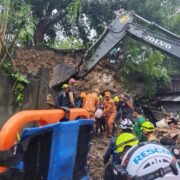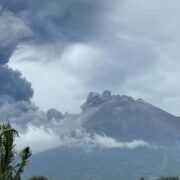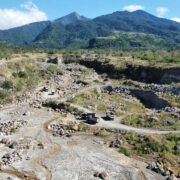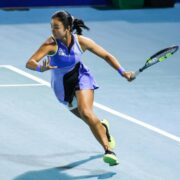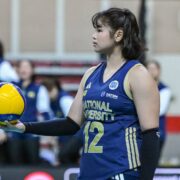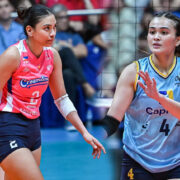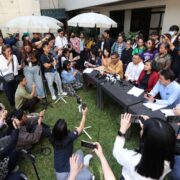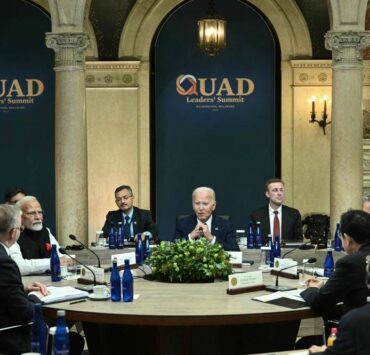Marxist leader set to become Sri Lanka’s next president
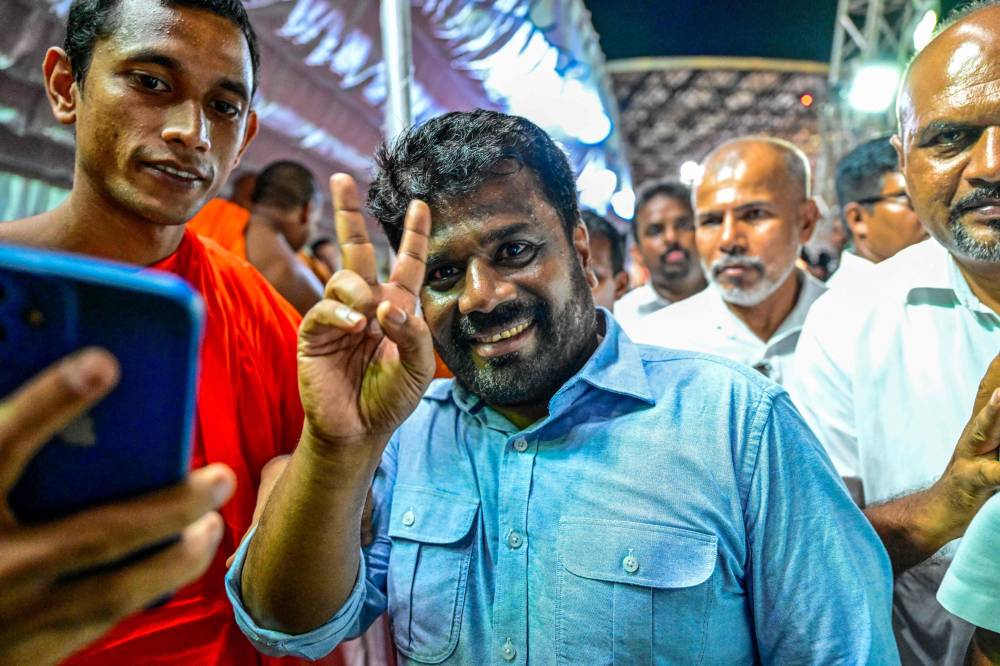
COLOMBO—A previously fringe Marxist politician was on course on Sunday to become Sri Lanka’s next leader after a presidential vote colored by discontent over the island nation’s response to an unprecedented financial crisis.
The ongoing count in Saturday’s poll showed Anura Kumara Dissanayaka on 52 percent with just over a million votes counted, well above his nearest rivals.
Opposition leader Sajith Premadasa was in second, with 23.3 percent of the vote.
Incumbent President Ranil Wickremesinghe—who took office at the peak of the 2022 economic collapse and imposed tough austerity policies per the terms of an International Monetary Fund (IMF) bailout—was trailing at a distant third with around 16 percent of the vote.
Wickremesinghe has yet to concede, and an official result was not expected until later Sunday, but foreign minister Ali Sabry said the early count made it clear that Dissanayaka had won.
“Though I heavily campaigned for President Ranil Wickremesinghe, the people of Sri Lanka have made their decision, and I fully respect their mandate for Anura Kumara Dissanayaka,” Sabry said on social media.
Around 76 percent of Sri Lanka’s 17.1 million eligible voters cast ballots in Saturday’s poll.
Dissanayaka’s once-marginal Marxist party led two failed uprisings in the 1970s and 1980s that left more than 80,000 people dead.
It won less than four percent of the vote during the most recent parliamentary elections in 2020.
But Sri Lanka’s crisis has proven an opportunity for Dissanayaka, 55, who has seen a surge of support based on his pledge to change the island’s “corrupt” political culture.
“Our country needs a new political culture,” he said after casting his ballot on Saturday.
Austerity rejected
Wickremesinghe sought reelection to continue belt-tightening measures that stabilized the economy and ended months of food, fuel and medicine shortages during Sri Lanka’s economic meltdown.
His two years in office restored calm to the streets after civil unrest spurred by the downturn saw thousands storm the compound of his predecessor Gotabaya Rajapaksa, who fled the country and resigned.
But Wickremesinghe’s tax hikes and other measures imposed under the $2.9 billion IMF bailout left millions struggling to make ends meet.
Dissanayaka pledged during the campaign to renegotiate the terms of the IMF rescue package, which Wickremesinghe secured last year after the government defaulted on its foreign debt.
Official data showed that Sri Lanka’s poverty rate doubled to 25 percent between 2021 and 2022, adding more than 2.5 million people to those already living on less than $3.65 a day.
AFP is one of the world's three major news agencies, and the only European one. Its mission is to provide rapid, comprehensive, impartial and verified coverage of the news and issues that shape our daily lives.






